Oregano oil is one of nature’s most powerful herbs, with a long list of healing properties that help relieve dozens of ailments.
While this oil is best known for being a natural cold and flu remedy, it also contains compounds called carvacrol and thymol, which have antioxidant, antifungal, anti-inflammatory, and antiviral properties (1). Let’s take a look at what these benefits mean for you, and why it’s worth stocking your holistic medicine cabinet with this essential oil.
Do you struggle with bloating, gas, constipation, or other digestive issues?
Get our FREE Guide to Healing Your Gut Naturally here!
7 Natural Benefits of Oregano Oil
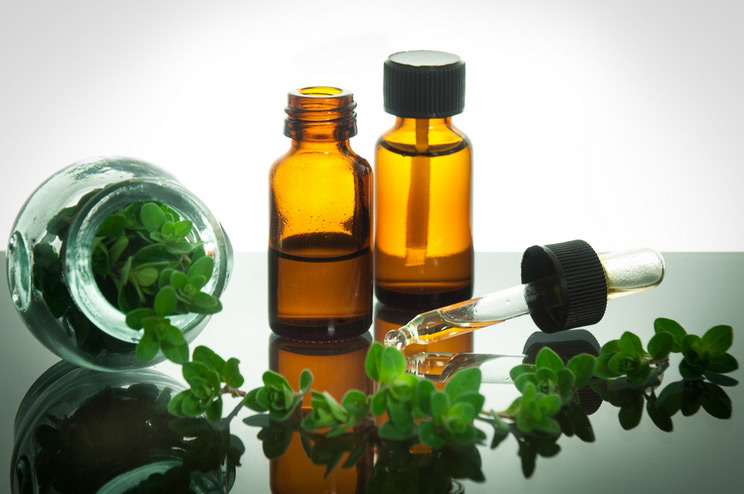
1. Oregano Oil Aids Digestion
Bloating, acid reflux, excessive gas… If these symptoms are familiar to you, you may have a lack of good bacteria in your digestive system, which is a condition known as bacterial dysbiosis (2).
Bacterial dysbiosis creates the perfect environment for “bad,” or opportunistic bacteria such as yeast, to overpopulate your digestive tract. When these bacteria multiply, they cause inflammation in the stomach lining, which predisposes you to other chronic digestive problems such as leaky gut syndrome and candida (2). As you can see, having the “wrong” kind of bacteria in your GI tract has a domino-like effect when it comes to destroying your gut health. [tweet_quote]One of the active compounds in oregano oil has antibacterial, antimicrobial, and antifungal properties.[/tweet_quote]
One of the active compounds in oregano oil, called carvacrol, has antibacterial, antimicrobial, and antifungal properties – and has been shown to be effective for killing yeast and other types of harmful bacteria in the GI tract (3). Research shows that carvacrol can also kill off pathogens that cause food-borne illnesses, such as salmonella and E.coli, which is why it’s also used as an antimicrobial agent in the food industry. Sounds like powerful stuff so far, doesn’t it?
This herb-based oil may also help improve symptoms of sluggish digestion, such as bloating, by stimulating the release of bile and other digestive fluids (4).
2. Oregano Oil Helps Remove Warts
Warts are caused by a viral condition, called HPV (5). While most warts tend to go away on their own within a few months to a year, they can spread to other areas of the body, so it’s best to get rid of them as quickly as possible. Since oregano oil has antiviral properties, research suggests it may be an effective natural remedy for wart removal when applied topically to the skin, as well as ingested (6).
Since oregano oil is powerful enough to burn your skin with only a few drops, it’s best to dilute it with a carrier oil, such as coconut oil, if you’re going to apply it topically.
3. Oregano Oil Fights Yeast Infections
Yeast overgrowth can show up in many different ways, including vaginal yeast infections, foot fungus, and thrush (a white coating on the tongue). One study showed that when ingested, the antifungal properties of this powerful oil were strong enough to completely inhibit the growth of candida albicans, the strain of yeast that’s responsible for causing fungal infections (7).
4. Oregano Oil Speeds Up Wound Healing
One study showed that applying oregano oil as an ointment could help speed up the healing of post surgical wounds, and reduce scar color and pigmentation in as little as 12 days – as well as prevent skin infections during the healing process, such as Staphylococcus aureus (8).
5. Oregano Oil Reduces Inflammation
The reason why oregano oil has anti-inflammatory benefits is due to a compound called thymol (9). Thymol has been shown to reduce inflammation in the gastrointestinal tract associated with conditions such as colitis, and may be effective in reducing other inflammatory conditions in the gut, such as leaky gut syndrome and IBS (irritable bowel syndrome) (10).
Research also suggests oregano oil may help reduce joint pain and inflammation when applied to the skin topically as an ointment (8).
6. Oregano Oil Helps Prevent Cold Sores
Cold sores are caused by the herpes simplex virus (HSV). Since oregano oil has antiviral properties, it may be helpful in treating and preventing the frequency and severity of cold sore breakouts when ingested or applied topically (6).
7. Oregano Oil May Help Fight Cancer Cells
Although the research on oregano oil and cancer prevention is still in its early stages, current studies show oregano oil may contribute to cancer cell death – especially in the colon – by increasing glutathione production, the body’s “master” antioxidant that helps neutralize free radicals and prevent cellular damage (9).
5 Ways to Use Oregano Oil
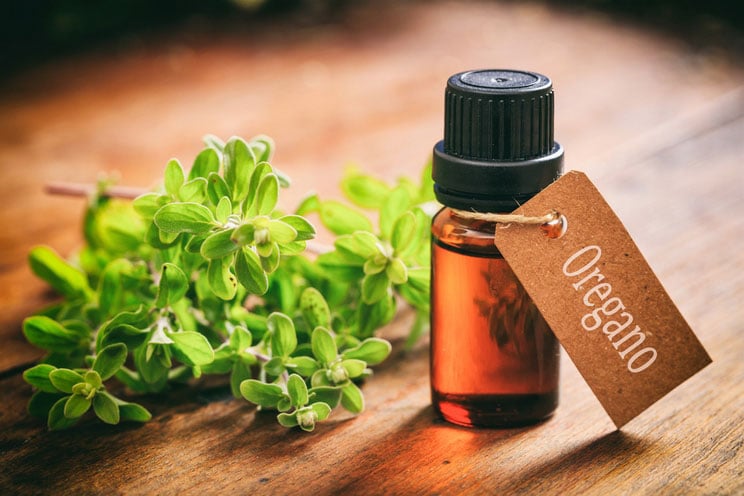
1. Drink It
For digestive issues, colds, flus, and other bacterial or viral infections, dilute 1 drop of the herb-based oil in 500 ml of water (be sure to check with a qualified healthcare practitioner for the exact dosage).
2. Apply It Topically
For cuts and muscle pain, dilute a few drops of oregano oil in a carrier oil, such as coconut or olive oil, and apply it to unbroken skin. Oregano oil can also be mixed with other therapeutic essential oils for the skin, such as tea tree, frankincense, and lavender.
3. Take It As A Supplement
If you find the taste too strong or require a larger dose, oregano oil can be taken as a nutritional supplement in tablets or capsules.
4. Soak Your Feet In It
Since oregano oil helps get rid of fungal infections, including foot fungus, you can make a DIY foot soak with oregano oil and other essential oils to help get rid of infections.
5. Use If For Oil Pulling
Oil pulling is an ancient Ayurvedic remedy used to remove bacteria from the mouth that contributes to plaque buildup, cavities and tooth decay. Oil pulling is commonly done with coconut, olive, or sesame oil, and adding a 1-2 drops of oregano oil can increase the antibacterial action of oil pulling.
Cautions for Using Oil of Oregano
Due to its potency, oregano oil should only be taken under the care of a physician, as it’s limitations for dosage and safety aren’t yet clear – and research suggests thymol may be toxic in high doses. Oil of oregano may not be safe for children or women who are pregnant or nursing.
When taking it internally or applying it topically, always be sure to dilute it with water or mix it with a carrier oil to avoid burning and irritating your skin.

(Read This Next: 7 Health Benefits of Chamomile Essential Oil & How to Use It)


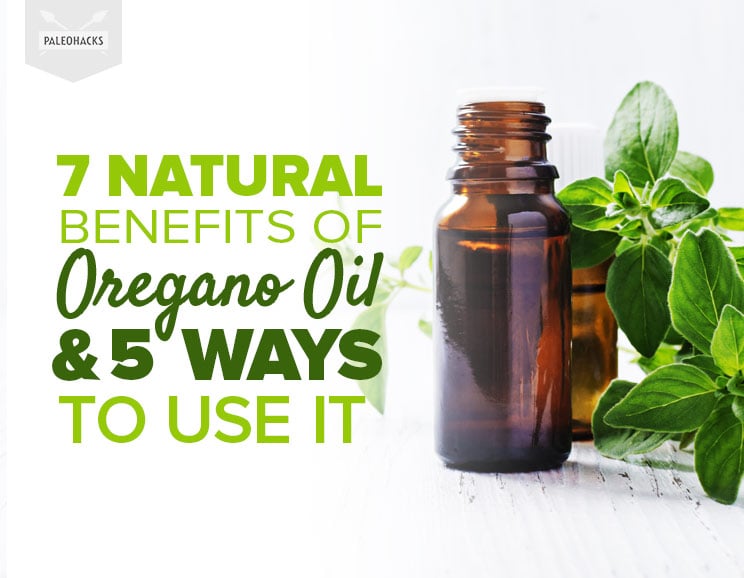

 Cauliflower “Rice” Tabbouleh
Cauliflower “Rice” Tabbouleh
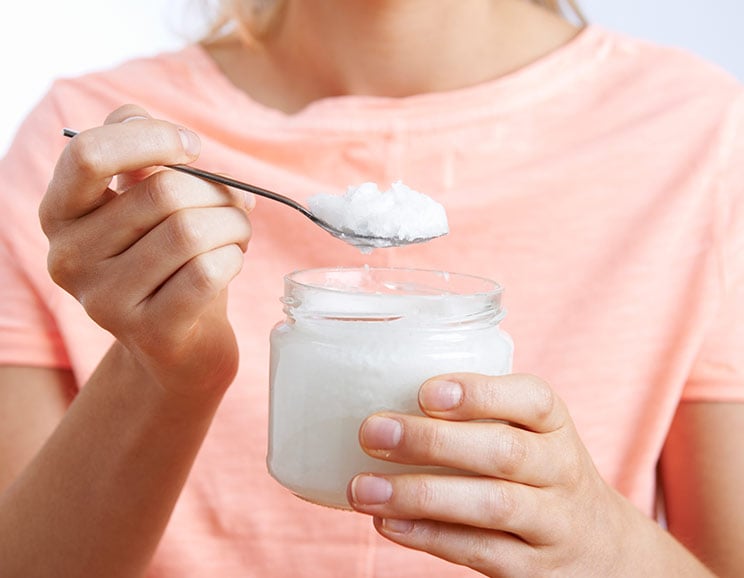
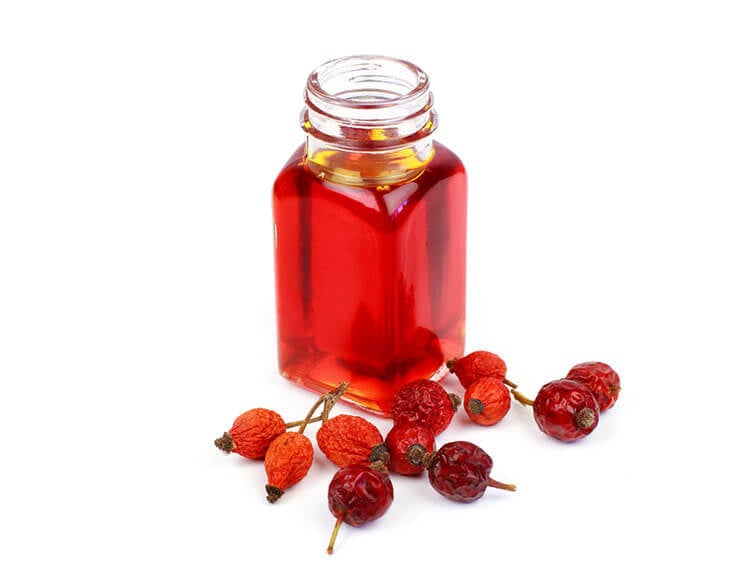
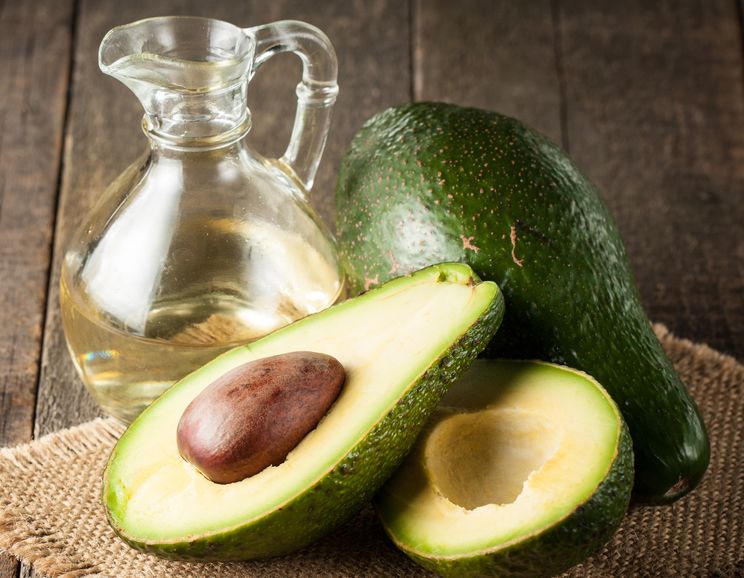
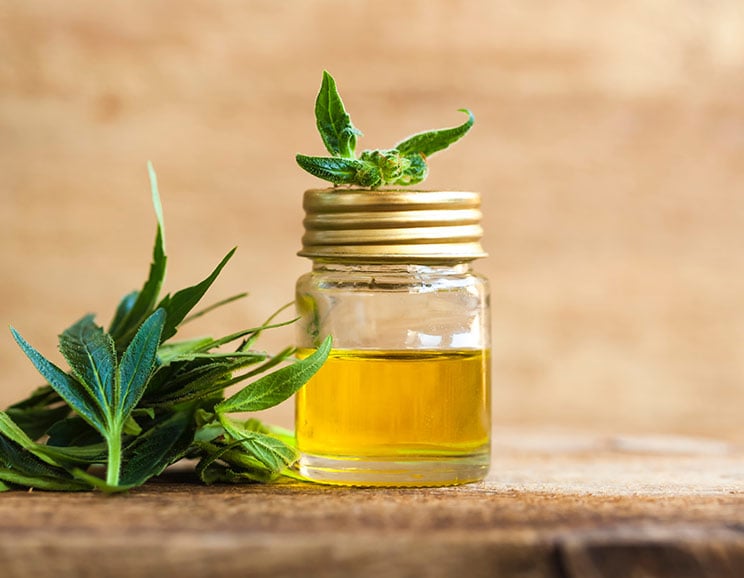
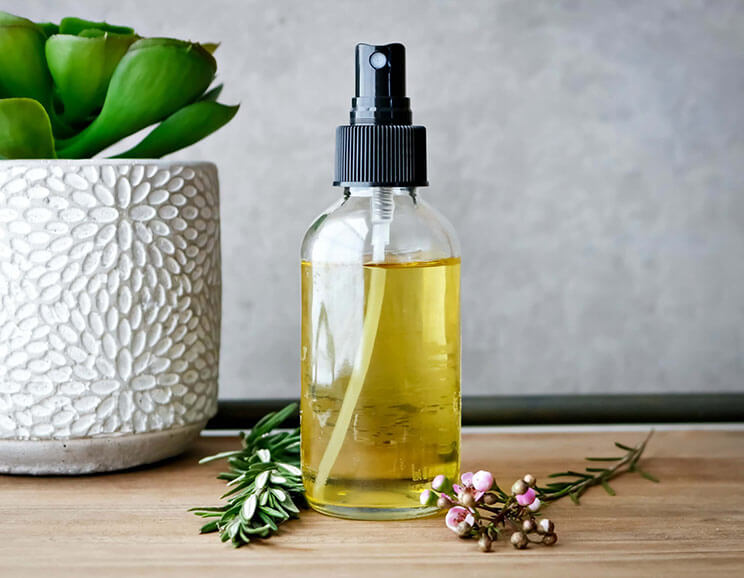
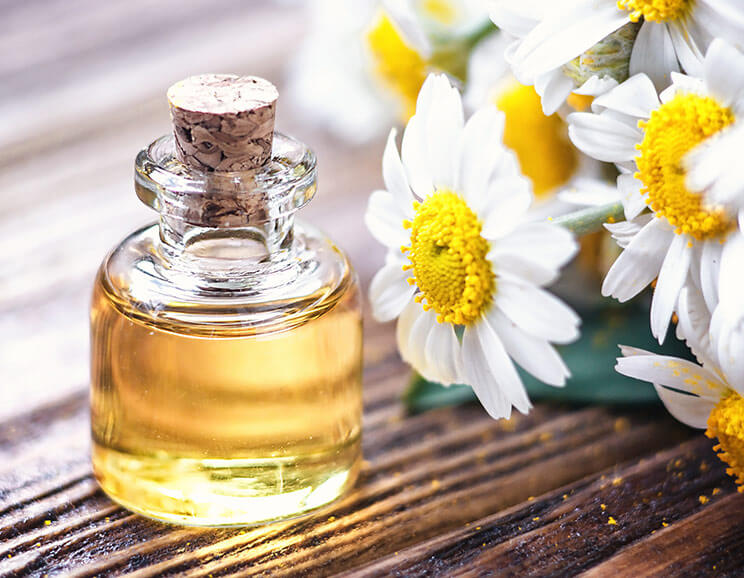

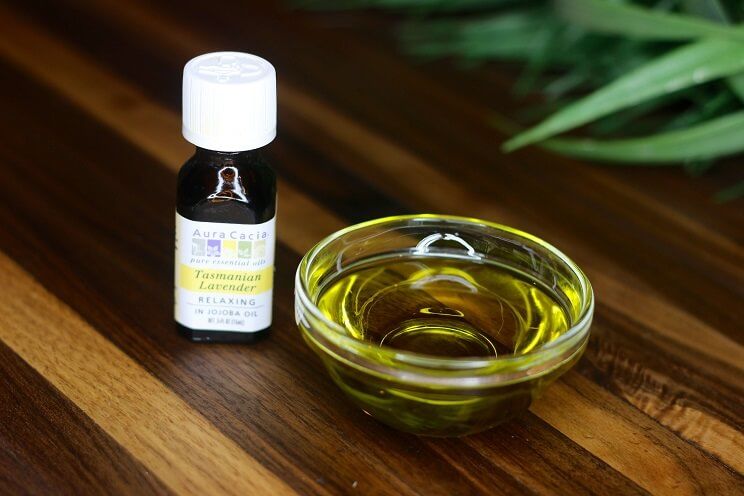
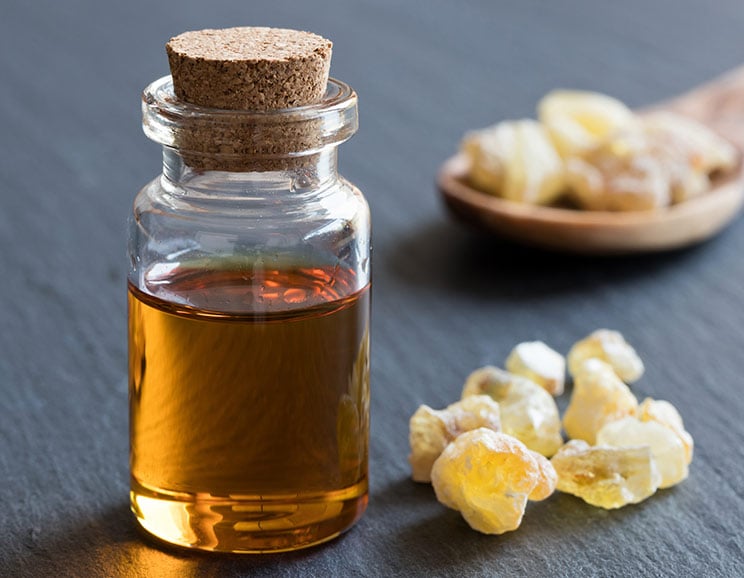
Show Comments